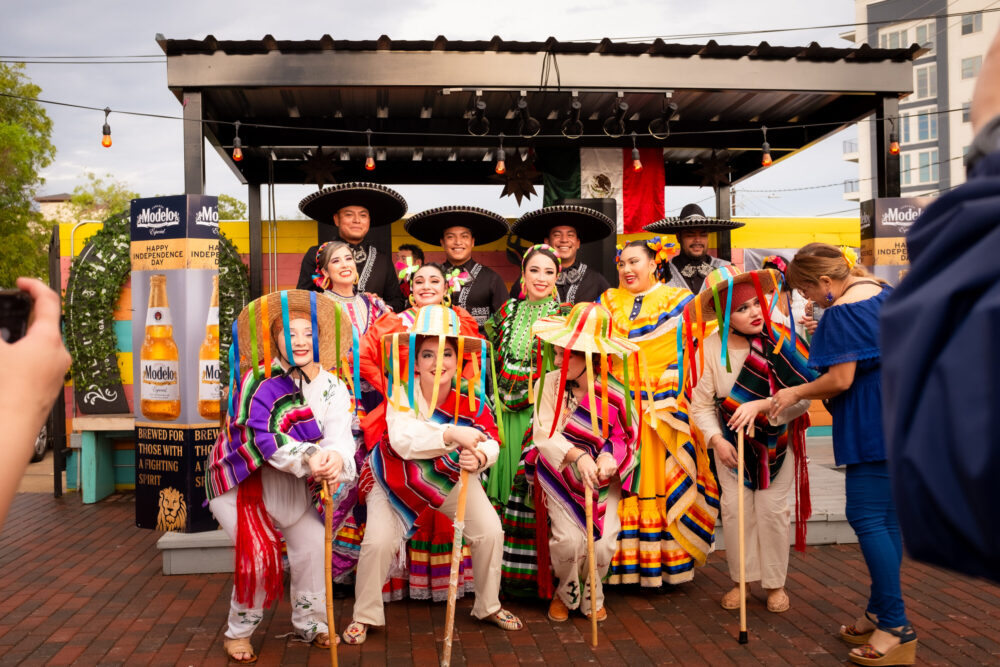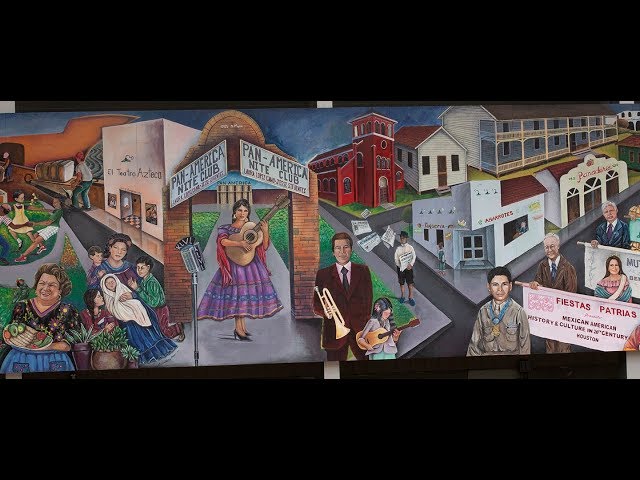Houston, Texas, is a melting pot of cultures, and among the most influential is the deep-rooted connection with Mexico. The city’s proximity to the Mexican border, its large Hispanic population, and centuries of shared history have made Mexican culture an integral part of Houston’s identity. From vibrant festivals and traditions to the unmistakable flavor of its cuisine, the Mexican influence in Houston is undeniable. This article explores the significant impact Mexican culture has had on Houston’s traditions and cuisine, shaping it into the vibrant, diverse city we know today.
Historical Ties: A Shared Border and Heritage
Mexico’s influence on Houston dates back long before the city’s founding in 1836. Texas, once part of Mexico, shares a deep historical connection with its southern neighbor. The Mexican presence in the region influenced not only the demographic makeup but also the development of traditions, values, and everyday life in Houston.
Even after Texas gained independence and later joined the United States, the influx of Mexican immigrants in the 20th century further solidified the cultural exchange. Mexican culture became an intrinsic part of Houston’s social fabric, influencing everything from its architecture to its festivals.
Mexican Traditions That Shaped Houston
- Día de los Muertos (Day of the Dead)
One of the most colorful and significant Mexican traditions celebrated in Houston is Día de los Muertos. This centuries-old tradition honors the spirits of loved ones who have passed, and in Houston, it’s marked by vibrant parades, art installations, and community events. Altars, or “ofrendas,” adorned with marigolds, sugar skulls, candles, and photos of the deceased, are set up throughout the city, especially in areas with a high concentration of Mexican culture.
In addition to public displays, many families in Houston observe Día de los Muertos privately, showcasing the personal and communal connection to this important Mexican tradition.
- Cinco de Mayo
Cinco de Mayo, commemorating Mexico’s victory over French forces at the Battle of Puebla, is celebrated across Houston with festivals, concerts, and street parties. Although it’s often mistaken as Mexico’s Independence Day, this holiday holds a special place in Houston’s cultural calendar, fostering a sense of unity among the Mexican and Hispanic communities.
The annual celebrations feature traditional Mexican music, dance performances, mariachi bands, and a variety of Mexican food, creating an atmosphere where Mexican heritage takes center stage.
The Mexican Influence on Houston’s Festivals
Houston’s festivals are a reflection of its diverse population, and Mexican culture has made its mark on many of these events. The annual Houston Livestock Show and Rodeo, one of the city’s largest events, features distinct Mexican traditions, including charreada, a type of rodeo that originated in Mexico. Mexican cowboys, known as charros, display their horsemanship and participate in events that have been part of Mexican culture for centuries.
Similarly, Houston’s International Festival, which celebrates the city’s multiculturalism, regularly highlights Mexican art, music, and dance. Visitors can experience traditional ballet folklórico performances, listen to Mexican folk music, and enjoy authentic Mexican street food, all while learning more about the heritage that has shaped Houston’s identity.

Mexican Cuisine: A Culinary Staple in Houston
If there’s one area where Mexican culture’s influence is undeniably felt, it’s Houston’s food scene. Mexican cuisine is not just popular—it’s essential. From authentic taquerias serving street-style tacos to upscale Mexican restaurants offering innovative interpretations of traditional dishes, the flavors of Mexico are woven into the very fabric of Houston’s culinary landscape.
- Tex-Mex: Houston’s Signature Fusion
One of the most obvious influences of Mexican cuisine in Houston is Tex-Mex, a beloved culinary fusion of Mexican and Texan flavors. Characterized by its use of ingredients like cheese, beef, flour tortillas, and a variety of spices, Tex-Mex has become synonymous with Houston dining. Local staples include sizzling fajitas, cheesy enchiladas, and loaded nachos. - Traditional Mexican Dishes
Beyond Tex-Mex, Houston boasts a wide variety of restaurants offering authentic Mexican dishes. From tamales and pozole to mole and barbacoa, Houstonians have embraced the richness and diversity of traditional Mexican flavors. The city’s Mexican bakeries, known as panaderías, also offer a taste of Mexico with sweet treats like conchas and tres leches cake. - Street Food Culture
Mexican street food, with its bold flavors and approachable prices, has become a defining feature of Houston’s food scene. Taco trucks can be found on nearly every corner, serving up fresh tacos al pastor, quesadillas, and tortas. These mobile eateries offer Houstonians a taste of Mexico on the go and are a testament to the strong culinary ties between the two cultures.
Mexican Art and Culture in Houston
The influence of Mexican culture in Houston is also evident in its thriving art scene. The city’s museums and galleries regularly showcase Mexican artists and themes. The Museum of Fine Arts, Houston, for example, has hosted exhibitions on Mexican art, highlighting the works of famous Mexican muralists like Diego Rivera and José Clemente Orozco.
Additionally, the Mexican-American Cultural Center plays a significant role in promoting Mexican culture, providing a platform for local Mexican artists, musicians, and performers to share their work with the broader Houston community. The center hosts regular events, including art exhibits, live performances, and educational workshops that celebrate the vibrant traditions of Mexico.

A Cultural Legacy That Continues to Thrive
Mexican culture’s influence on Houston is profound and enduring. From the traditions that bring communities together to the flavors that define the city’s culinary identity, Mexico’s legacy in Houston continues to thrive and evolve. The exchange of culture, ideas, and values between Houston and its Mexican neighbors has created a rich, multicultural city that embraces diversity while honoring its deep historical ties to Mexico.
As Houston continues to grow and attract new generations of immigrants, the influence of Mexican culture will remain an essential part of the city’s identity, shaping its traditions, festivals, and cuisine for years to come.